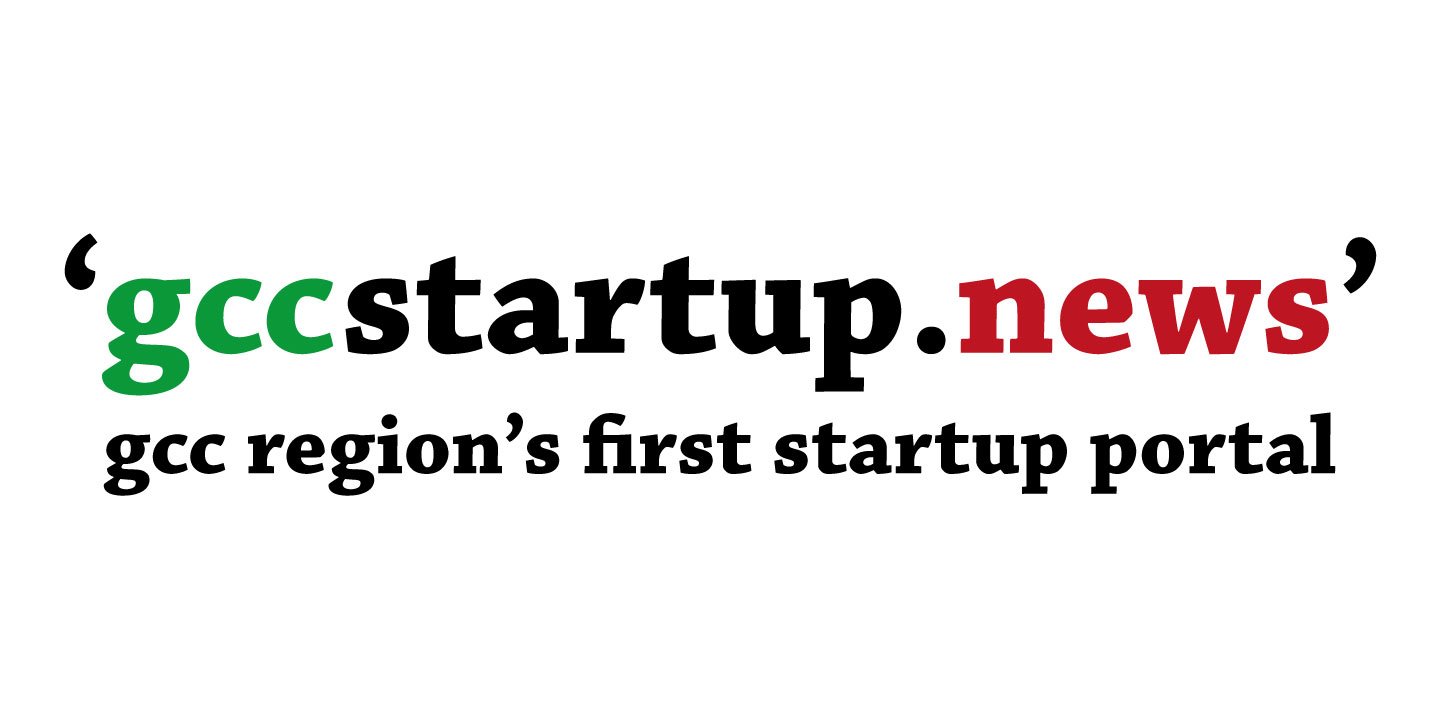UAE
Start-ups across the Middle East and North Africa (MENA) region have accomplished a significant milestone in the first half of 2023, raising an impressive $643 million in late-stage funding. A recent study has highlighted this achievement, emphasizing that this success far outpaces the global figures in this arena.
The data, presented in the latest industry report by start-up data platform Magnitt, outlines a substantial 20% annualized growth in the region’s late-stage funding since 2018. This stands in stark contrast to the global scenario, which faced a staggering 49% decline during the same timeframe.
Late-stage funding, as defined in the report, encompasses investments occurring after series A deals, covering disclosed and undisclosed deals. Despite global economic uncertainties and macro factors hindering investments on a global scale, the MENA region has maintained its allure for funding. Mega deals, those valued at $100 million and above, constituted more than 85% of late-stage investments in the initial six months of 2023, according to Magnitt.
Some notable mega deals include substantial investments in Saudi Arabia‘s Nana ($133 million) and Floward ($156 million), as well as Egypt’s MNT-Halan ($260 million). The efforts of MENA nations in transitioning their economies from oil dependency to technological advancements have played a pivotal role in this growth trajectory, recognizing the significance of technology and innovation as drivers of sustainable economic growth, job creation, and global competitiveness in an evolving world.
Ms. Haider, a representative from Magnitt, noted that geographically, MENA serves as a strategic bridge between Europe, Asia, and Africa, positioning itself as an ideal location for businesses aiming to expand globally. She further stressed that being relatively nascent, the region has witnessed a rise in acquisitions, offering potential opportunities for international players to enter the market and for investors to secure exits.
The report also underscores the expanding role of start-ups in facilitating digital adoption and growth, providing consumers with convenient access to services. However, a noticeable shift has been the reduced participation of international investors in the region. From 2019 to 2022, they dominated the late-stage venture capital landscape, contributing approximately 57% of the capital deployed. But in the first half of 2023, only 13% of the capital deployed originated from international investors, placing more significant pressure on regional investors to fill this void.
Philip Bahoshy, Chief Executive of Magnitt, highlighted the rise of regional investors to the challenge. He noted that nine of the top 10 investors by transactions from 2019 to the first half of 2023 were headquartered in MENA, illustrating the region’s commitment to stepping up.
He also addressed the market volatility experienced this year, resulting in a retreat of global investors in absolute dollar terms and reduced participation from international investors. Nonetheless, Bahoshy emphasized that despite this retreat, there has been a surge in interest from international investors, largely driven by general partners of global funds looking to raise capital from sovereign limited partners locally.
Regarding valuations, the average start-up valuation from Series A to Series C rounds in MENA surged by an impressive 23 times between 2019 and 2022, according to Magnitt’s findings. The report signifies a substantial and promising growth trajectory for the region’s start-up ecosystem, underlining the continuous evolution and growing significance of the MENA region on the global investment map.





